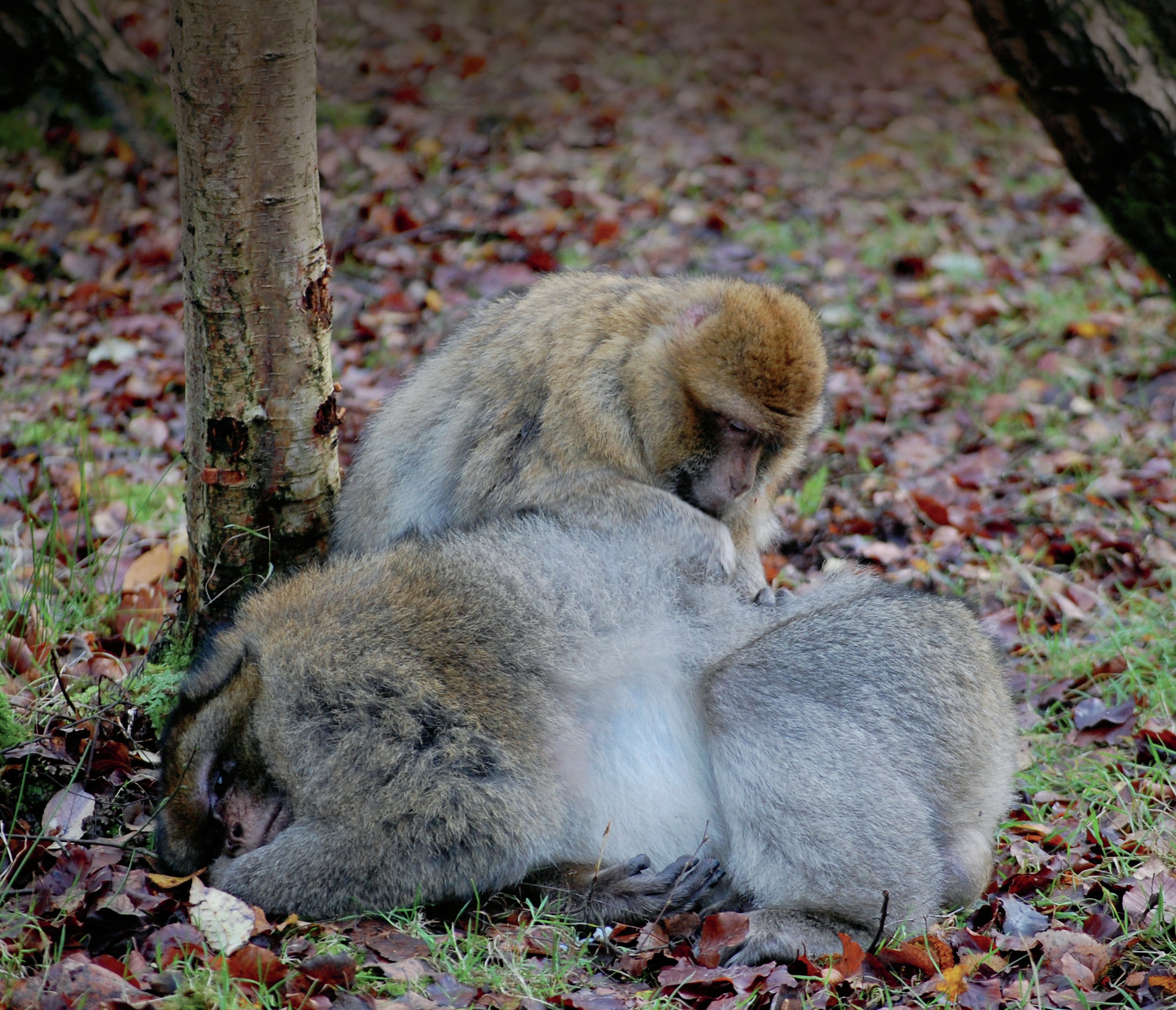
When a monkey presents itself to another monkey for grooming, dirt, insects, parasites and dead skin are removed from its fur. This ensures that the monkey’s skin and hair are kept in good condition, and therefore serves a hygienic purpose. Grooming is also a major social activity that can build companionships and reinforce social structures.
Social grooming in primates is an example of reciprocity. In evolutionary biology, reciprocity is a term that describes seemingly altruistic or cooperative behaviours in animals. The idea is that one animal performs an altruistic action to benefit another. This then prompts a beneficial response from the receiving animal (direct reciprocity), or will increase beneficial actions from other animals on the basis of reputation (indirect reciprocity). In most cases, the repayment of benefits will occur immediately, with the favour returned by the other monkey.
Your organisation does not have access to this article.
Sign up today to give your students the edge they need to achieve their best grades with subject expertise
Subscribe




